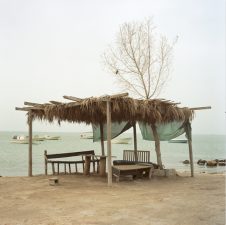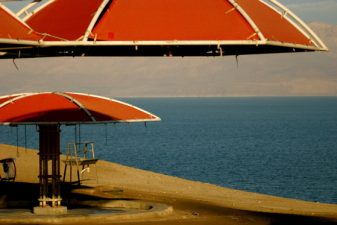 Interested in getting your child interested in the environment? Why not try a spunky environmentally-themed book?
Interested in getting your child interested in the environment? Why not try a spunky environmentally-themed book?
Communication absorbs our every day. Even so, sometimes knowing how to communicate certain messages is as tangible as algebra. “Green” media struggles to find the balance between providing pertinent climatic information that bears directly on the public, and being painfully didactic. We hang upside down, pull funny faces, scream, and even whisper – all with the admirable intention of persuading people to act on the data we share.
Reaching children is even trickier. How do we teach them to not only love nature (which happens easily if they experience its grandeur), but then find the spunk to protect it? Part of the answer may be hidden in the same pages that taught us about the wolf in sheep’s clothing, except now it is apathy whose sneaky disguise must be lifted.
Since moralizing is as appetizing to children as chicken liver and spinach, thoughtful authors and illustrators have sought an alternative approach. One such example, according to Almasry Alyoum, a Dr. Seuss favorite called The Lorax, uses catchy language and interesting pictures to urge kids to care. That book has sold 600,000 copies and will be released as a major film in 2012.
In general, however, books can only be effective if they are locally relevant, if children can relate to the story. It makes no sense to give a Chinese child whose family manages rice paddies a book about a child whose parents work all day and night at an Israeli desalination plant.
In Egypt, the challenge to find and distribute enjoyable children’s literature related to environmental issues was first initiated by President Mubarak’s wife in 1998, according to the paper. She established “green corners” in several libraries around Egypt, but in 2000 USAID all but dismissed those books as translations with no local application.
Since then, a handful of local authors have released a stream of more appropriate literature into the Egyptian market. Here are a few examples provided by Almasry Alyoum:
Published under Dar El Shorouk’s Al-Bayt al-Akhdar (‘Green House’) series and available in Shorouk stores, Sayeed…Sayeed, by award-winning author/illustrator Walid Taher is about a young boy who loves critters and flowers and songbirds, but is surrounded by everything but. He and his parents puzzle over and then seek to address this catastrophe. At the end, the various characters appeal directly to the reader:
“And you, too: Let’s think about it together…and work together…so that Egypt’s environment becomes clean and beautiful and healthy.”
Then there is Al-Asmak Tatrok al-Nahr (‘The Fish Leave the River’), written by Wael Hamdy and illustrated by Hassan Ismael. That book’s central character is Nimnim. He is similarly disturbed by pollution, but takes small actions – such as picking up trash and writing local authorities – to chip away at the problem.
Rania Hussein Amin, the author of the Farhana series, describes to the paper how she reached into her own childhood to find a way to reach children’s imaginations:
“Being aware of the message is important, but it’s also very important to try as much as we can to avoid direct messages, which is not very easy to do as an adult writing for children… To avoid this, I try to relive my childhood in my mind and write as Rania, the child. In that case I will not lift my finger and say ‘do this and don’t do that,’ but I will [speak] as a child would express himself.”
More on children and the environment:
Egyptian Children Interpret MDGs With Disposable Cameras
Ecoventure “Lab” Gives Emirate Children Hands On Experience
Nile Water Kills 17000 Egyptian Children Each Year
image via Youssry



